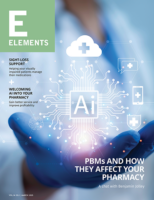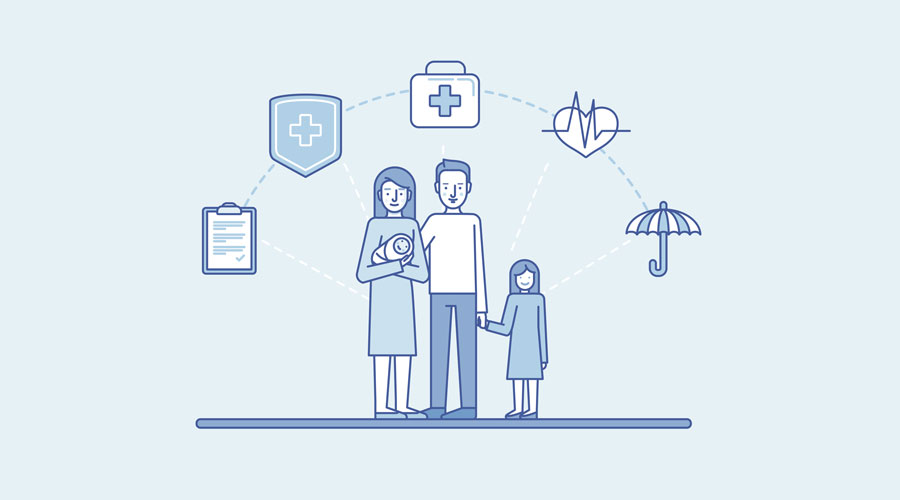Medication therapy management (MTM) is a relatively new group of services that offer many ways for pharmacists and healthcare providers to optimize therapy. MTM is important because it helps patients get the most benefit from their medications, and it can also help healthcare systems save on costs linked to medication issues.
The process of MTM can be a broad one. It involves both pharmacological and non-pharmacological aspects of care, effective communication with other providers, and knowing how to engage with patients receiving care.
While there may be some different approaches to MTM, the main goal of improving the patient’s therapeutic outcomes should be the same.
If you’d like to offer effective MTM sessions in your pharmacy practice, here are seven tips to help you get started.
Inform your patients about MTM services
If they don’t know they exist, they won’t use the services. Whenever you interact with a patient, even if they’re just picking up a prescription, offer to provide MTM services.
Be on the lookout for patients taking multiple medications, have multiple health conditions or have recently been hospitalized, they’re a good candidate for MTM services. You can even offer incentives to patients to schedule an MTM appointment. If a patient can’t be there in person, offer to do the services over the phone or virtually.
Communicate clearly
Be as straightforward as possible when communicating with your patient, and listen to any and all of their concerns regarding their medications. Give them advice on how to take their medications, such as taking a particular medicine with food or at a later time in the day to avoid an interaction or side effect.
Work together with your students and staff
Involve your entire staff in offering MTM services to patients. Make sure each staff member has proper training on the different tasks. Have them offer the services at checkout or while scheduling appointments. You can also use your pharmacy students to check the patient’s medication history and and prepare you for an MTM session.
Make it simple
Don’t use difficult medical terms with your patients. Speak clearly and simply. Print easy-to-read handouts for them, and use images to explain your concerns when needed.
Talk about medication adherence
This is one of the most important parts of MTM services. Nonadherence is the top reason for patients failing their therapies. So, counseling your patients on the importance of taking their medications regularly is vital. However, make sure you understand their knowledge, motivation, and beliefs before beginning an intervention. Try recommending some tools like mobile app reminders or using pillboxes.
Check for possible side effects and drug interactions
Because people who use MTM services are often at risk for experiencing side effects and interactions, you’ll need to be on top of their list of medications. Review any and all possible drug interactions or duplications of therapy. Then recommend that their doctor discontinue a particular medication as needed.
Take notes and set reminders
It’s hard to keep track of multiple patients’ medication issues, so take notes on the MTM services you provide. Add notes for patient-specific concerns, and add follow-up reminders to check in with patients via phone or an in-person visit after an initial MTM session. Document every patient interaction and try to get in touch with them.
As a pharmacist, you tend to interact with patients more than other healthcare providers when it comes to medication issues. By identifying medication problems quickly and effectively you can help guarantee treatment success in your patients.
A Member-Owned Company Serving Independent Pharmacies
PBA Health is dedicated to helping independent pharmacies reach their full potential on the buy-side of their business. Founded and owned by pharmacists, PBA Health serves independent pharmacies with group purchasing services, wholesaler contract negotiations, proprietary purchasing tools, and more.
An HDA member, PBA Health operates its own NABP-accredited secondary wholesaler with more than 6,000 SKUs, including brands, generics, narcotics CII-CV, cold-storage products, and over-the-counter (OTC) products — offering the lowest prices in the secondary market.












